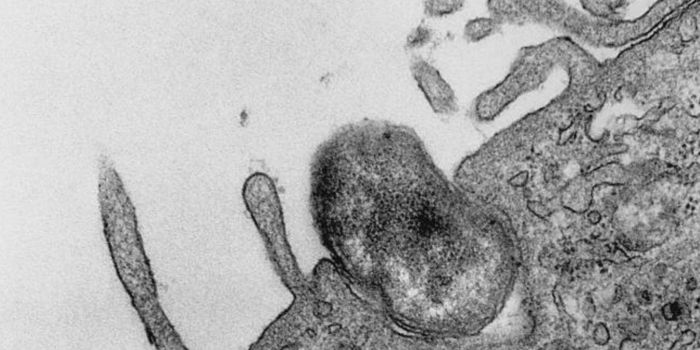Fecal Testing in Young Adults Could Help Curb the Incidence of Early-Onset Colorectal Cancer
The recent surge in early-onset colorectal cancer, particularly in adults under 50, has sparked urgent concerns about the adequacy of current screening guidelines. Both the American Cancer Society (ACS) and the U.S. Preventative Services Task Force (USPSTF) advocate for screening for those at average risk of colorectal cancer from age 45, but the escalating incidence demands a reevaluation of these recommendations.
With the aim of gauging the potential impact of early screening, a team of researchers embarked on a study to assess the efficacy of fecal immunochemical tests (FITs) for individuals aged 40 to 50. The results of this study, recently published in JAMA Oncology, not only suggest a significant reduction in mortality from colorectal cancer but also underscore the potential of earlier screening to make a substantial difference in public health.
The researchers analyzed data from a community-based screening cohort of individuals aged 40 to 49. The patients were grouped based on their participation in early screening (ages 40 to 49 years) and continuation of regular screening (ages 50 and older). The researchers followed the participants for colorectal cancer incidence and mortality. Every other year, participants underwent FIT screening.
The study included 263,125 participants, comprising 39,315 who underwent both early and regular screening and 223,810 who underwent regular screening only. The analysis revealed that those in the early screening group had a lower incidence of colorectal cancer than the regular screening group (26.1 versus 42.6 per 100,000 person-years). Similarly, the study found that, compared to regular screening, early screening was associated with a lower mortality rate (3.2 versus 7.4 per 100,000 person-years).
Additional analysis revealed that, compared to regular screening, individuals undergoing early screening had approximately a 20% lower risk of colorectal cancer incidence and a nearly 40% lower risk of mortality. These findings remained consistent (25% reduction in incidence and 34% reduction in mortality for early screeners) when considering nonadherence to screening.
The results of the study demonstrate that FIT screening between the ages of 40 and 49 significantly reduces the chances of colorectal cancer incidence and mortality compared to beginning screening at age 50. These findings provide strong support for healthcare policymakers and other stakeholders to lower the recommended starting age for colorectal cancer screening.
Sources: Lancet Oncol, JAMA Oncol









